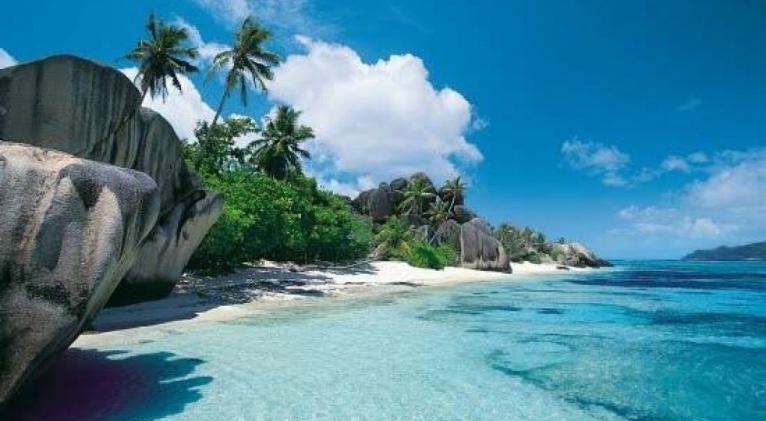Unite or Drown, Small Island Nations Told at Climate Meet
especiales

The rallying call came at the start of a two-day summit of the Alliance of Small Island States (AOSIS), a coalition of small island and low-lying coastal countries, to prepare for global climate talks to take place in Lima, Peru in December.
"Too often the world has chosen to ignore us. Too often we are treated as bystanders," said Seychelles President James Michel, whose Indian Ocean island nation is hosting the meeting.
"Let us be heard on every beach and every roadside. Let us be heard in Beijing, in Delhi, in Johannesburg, in London, in Moscow, in New York, in Paris, in Rio. Let us be heard in every village, in every town, in every city of the world. Let us be heard on the airwaves," he said.
"We cannot accept that climate change be treated as an inevitability. We cannot accept that any island be lost to sea level rise. We cannot accept that our islands be submerged by the rising oceans."
Low-lying island nations, some of which are little more than one metre (three feet) above sea level, are regarded as some of the most vulnerable to rising seas blamed on man-made climate change.
Some small states in the Pacific such as Kiribati have already begun examining options for their people if climate change forces them from their homeland.
"Climate change is the greatest threat of our time," Michel said, saying that on the face of it the alliance appeared powerless.
"We do not have the economic means to build sophisticated defences. We do not have the latest technology to better adapt to the problem... nor do we have the economic might to apply sanctions on those most guilty of causing the problem," he said.
"But we have something that is invaluable, something that is powerful: we are the conscience of these negotiations. We stand as the defenders of the moral rights of every citizen of our planet."
UN climate talks will take place in Lima next month to pave the way to a December 2015 pact in Paris to limit warming to two degrees Celsius (3.6 degrees Fahrenheit).
Under the lowest of four emissions scenarios given by UN experts on the Intergovernmental Panel on Climate Change (IPCC), global average temperatures over this century are likely to rise by 0.3 - 1.7 degrees Celsius (0.5-3.1 degrees Fahrenheit), leading to a sea level rise of between 26-55 centimetres (about 10-22 inches).
Under the highest scenario, warming would be 2.6-4.8 Celsius, causing a sea-level rise of 45-82 centimetres.













Add new comment